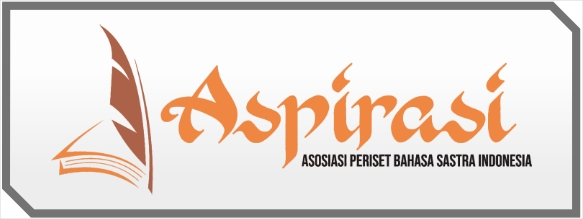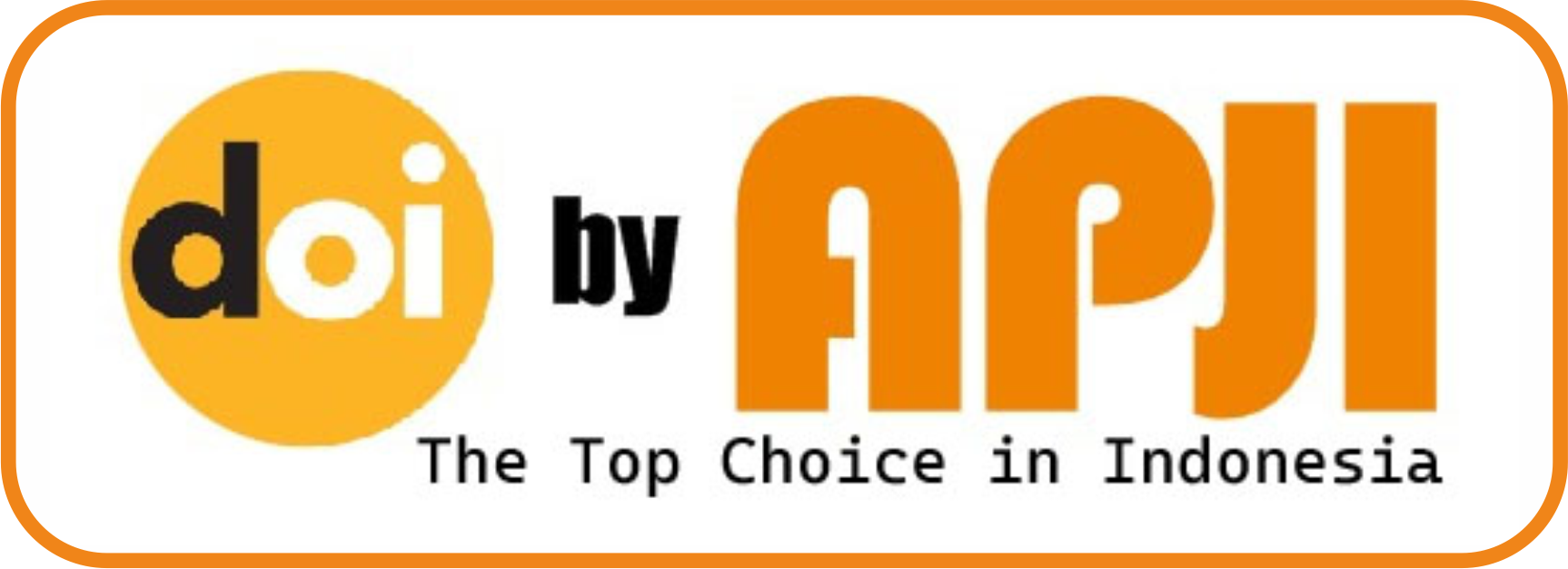THE INFLUENCE OF PROBLEM-BASED LEARNING MODELS - COMPUTATIONAL THINKING (PBL – CT) ON THE ABILITY TO THINKING ANALYTICAL VIEW OF STUDENTS' INTEREST IN THE SUBJECT OF NATURAL SCIENCES
DOI:
https://doi.org/10.55606/ijel.v1i3.37Keywords:
Problem Based Learning-Computational Thinking, Analytical Thinking Ability, Student Interest in ScienceAbstract
This study aims to find out whether there is an influence of the Problem Based Learning-Computational Thinking (PBL-CT) model on analytical thinking skills in terms of students' interest in Natural Sciences subjects. This research was conducted at the Kalam Kudus Christian Middle School in Malang in the 2022/2023 academic year. The design used in this study was a non-equivalent group design quasi-experiment. Retrieval of data using ten essay questions which are made according to indicators of analytical thinking ability and students' interest in science is measured by using a questionnaire. Data analysis was carried out by the Two Way Anova parametric test. Based on the results of the analysis carried out, the results were obtained: (1) there were differences in analytical thinking skills between students who were taught using the Problem Based Learning and Problem Based Learning - Computational Thinking (PBL-CT) learning models with a significance <0.05. (2) there is no difference in the ability to think analytically between students who have a high, medium, and low interest in learning science as shown by a significance value of 0.748 > 0.05. (3) there is an interaction between Problem Based Learning - Computational Thinking (PBL-CT) on students' analytical thinking skills in terms of students' interest in natural science subjects with a significance value of <0.05
References
Arends, R.I., 2008. Learning to teach: Belajar untuk mengajar. Yogyak. Pustaka Pelajar.
Arikunto Suharsimi, 2012. Dasar-Dasar Evaluasi Pendidikan. Jakarta:Bumi Aksara
Assegaff, A., Sontani, U.T., 2016. Upaya Meningkatkan Kemampuan Berfikir Analitis Melalui Model Problem Based Learning (Pbl). J. Pendidik. Manaj. Perkantoran JPManper 1, 38–48.
Bundy, A., 2007. Computational thinking is pervasive. J. Sci. Pract. Comput. 1, 67–69.
García-Peñalvo, F.J., Mendes, A.J., 2018. Exploring the computational thinking effects in preuniversity education, Computers in Human Behavior. Elsevier.
Kek, M.Y.C.A., Huijser, H., 2016. Problem-based learning into the future: Imagining an agile PBL ecology for learning. Springer.
Prihatini, E., 2017. Pengaruh metode pembelajaran dan minat belajar terhadap hasil belajar IPA. Form. J. Ilm. Pendidik. MIPA 7.
Rahayu, R., FX, E.W.L., 2015. Pengembangan perangkat pembelajaran ipa berbasis problem based learning di smp. J. Kependidikan Penelit. Inov. Pembelajaran 45.
Schechter, C., 2011. Switching cognitive gears: Problem‐based learning and success‐based learning as instructional frameworks in leadership education. J. Educ. Adm.
Setyosari, P., 2010. Metode penelitian pendidikan dan pengembangan. Jakarta: kencana.
Tsai, C.-W., Shen, P.-D., Tsai, M.-C., Chen, W.-Y., 2017. Exploring the effects of webmediated computational thinking on developing students’ computing skills in a ubiquitous learning environment. Interact. Learn. Environ. 25, 762–777.
Tuckman, B.W., Harper, B.E., 2012. Conducting educational research. Rowman & Littlefield Publishers.
Wang, P.-H., Wu, P.-L., Yu, K.-W., Lin, Y.-X., 2015. Influence of implementing inquirybased instruction on science learning motivation and interest: A perspective of comparison. Procedia-Soc. Behav. Sci. 174, 1292–1299.
Wing, J.M., 2006. Computational thinking. Commun. ACM 49, 33–35.
Zubaidah, S., 2016. Keterampilan abad ke-21: Keterampilan yang diajarkan melalui pembelajaran, in: Seminar Nasional Pendidikan. pp. 1–17



















